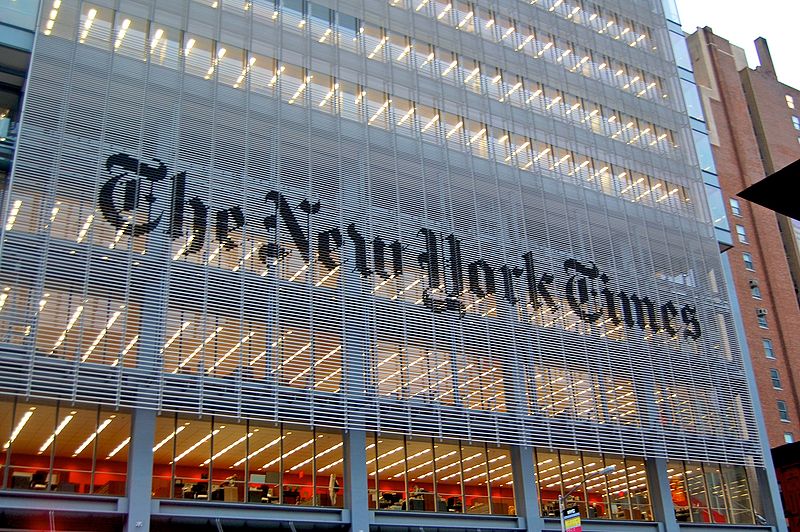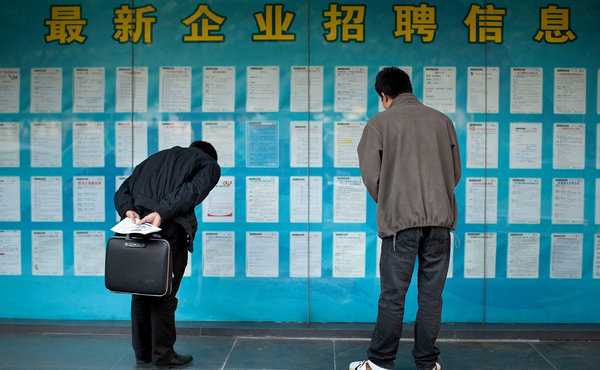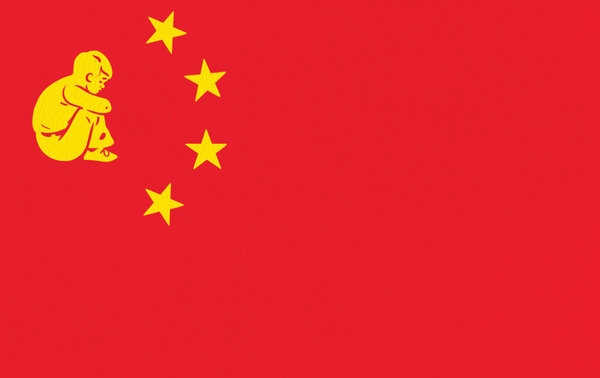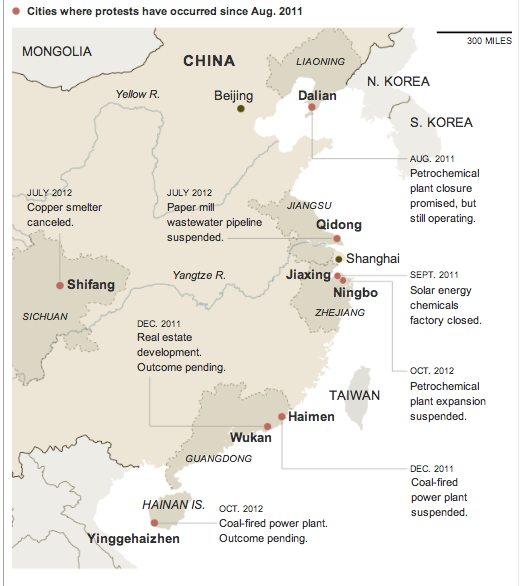More on the China middle-income trap
 Monday, February 25, 2013 at 3:28PM
Monday, February 25, 2013 at 3:28PM 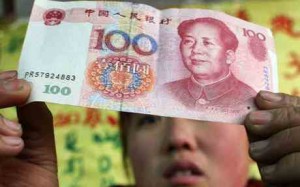
Great piece in Forbes that my wife found.
Part that caught my eye references a second analysis:
In their final installment on the Chinese economy, titled “Beyond the Miracle”,Barclays Capital analysts in Hong Kong led by Yiping Huang wrote that China will avoid the middle-income trap as a whole. However, they did not underestimate the risks facing China’s economy in the coming years. It’s one thing to be middle income. It’s another thing to move out of that middle income and into the coveted high income category of Western Europe, the United Statesa and Japan.
The experience of countries that failed to make the jump to high-income status suggest that their inability to innovate and upgrade can be attributed to three broad factors: (1) macroeconomic, political and social instability; (2) persistent inefficient allocation of resources; and (3) insufficient support to physical infrastructure and human capital development.
The persistently inefficient allocation of resources is the government having too much of a role in investment and picking winners and losers (mostly shielding the latter while the elite corruptly hoards the benefits of the former). I realize that contradicts the "wisdom of the state" notion behind the Beijing Consensus, but history says the state displays little smarts, and there is a ton of evidence of badly spent public investment in China.
The instability arises from a lot of things: enviro damage, repression of political rights and free speech, corruption of officials, and the S-curve slowdown in general.
China does decently-to-well on the sufficient support to infrastructure development - both hard and soft. But that can backfire too if the growth fails to materialize or the slowdown is profound enough.
Answer for all these things is simple: turn the people loose on creativity and freedom of spending choices. Problem is, of course, the single-party dictatorship finds all that uncomfortable, so they shortchange it whenever and wherever they can. Why? If people get to decide too much of their economic reality on their own, their ambition naturally turns to politics over time. People simply stop being willing to be treated like children on the latter score; it offends their intelligence and obvious sense of accomplishment - especially when they know full well that talented Chinese abroad succeed and get to politically participate in democracies.
And that's what eventually stops the show, forcing political change.









